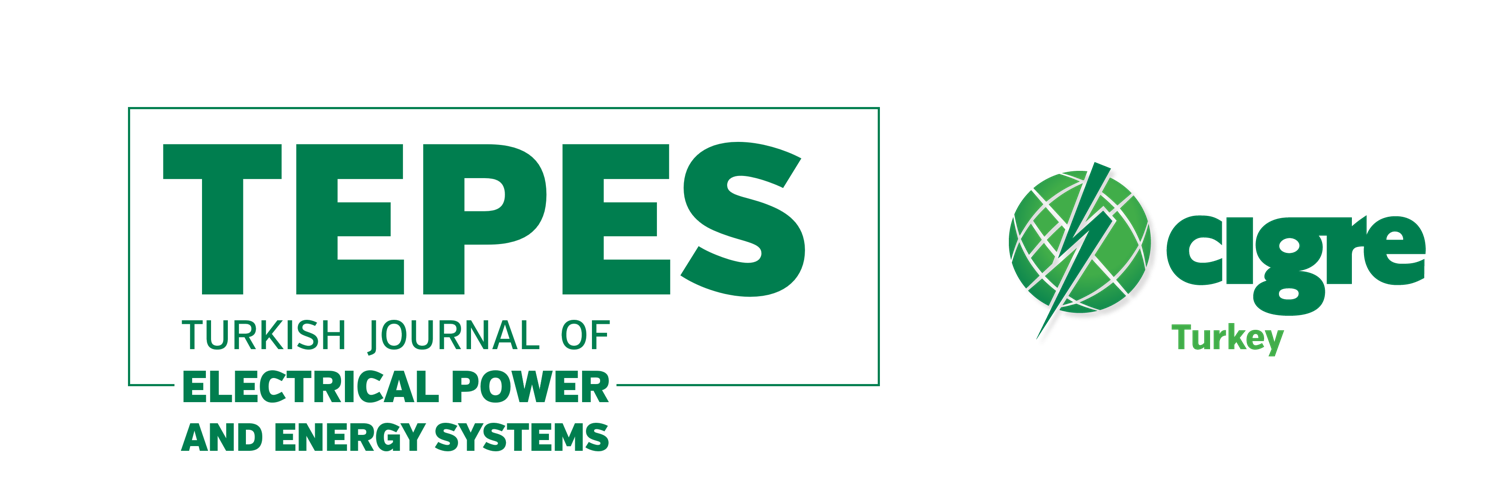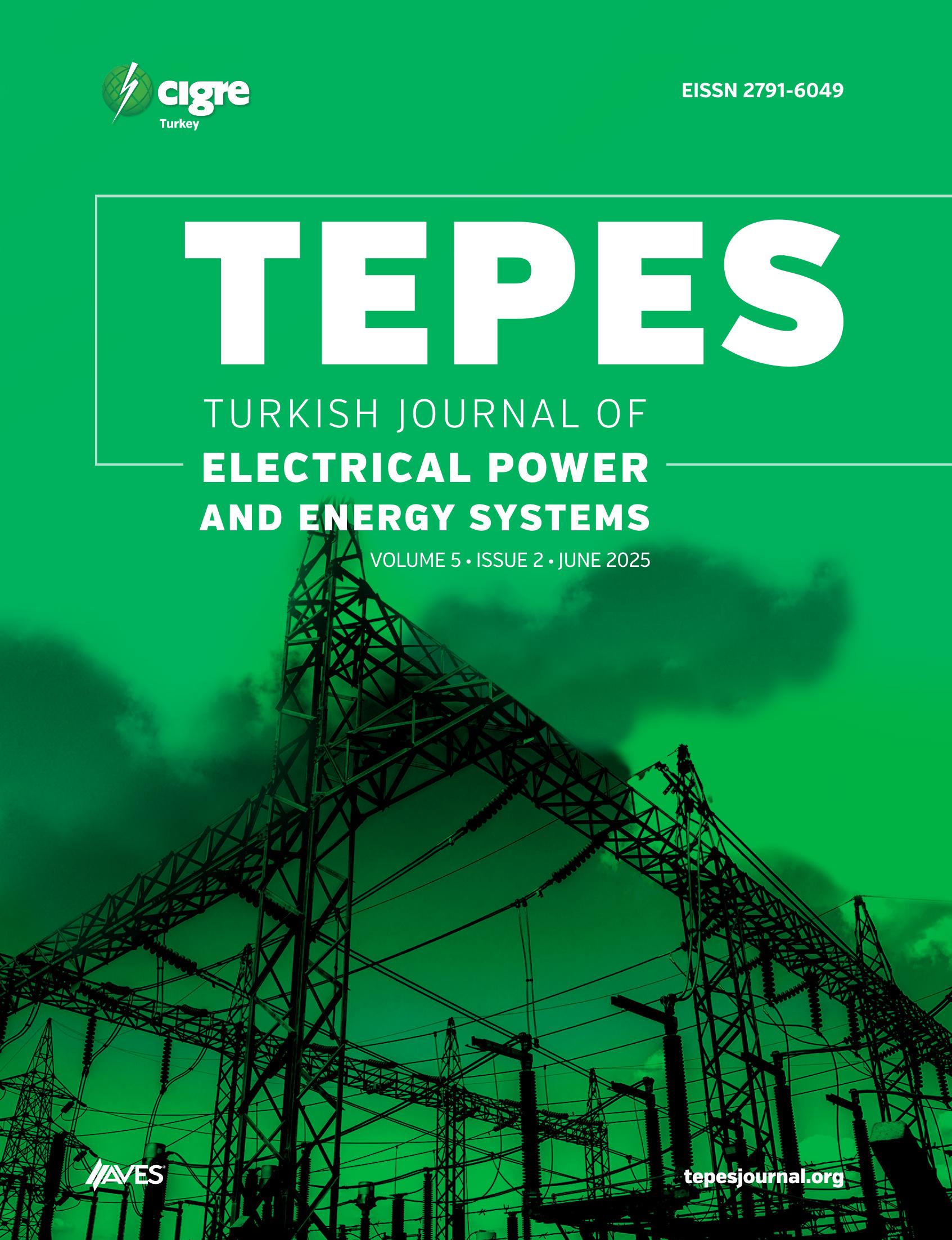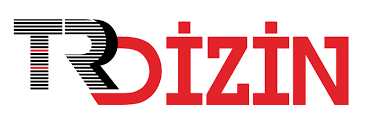In recent years, as a result of limited energy sources, growing populations all around the world, and increases in energy demand, many techniques penetrate into both the producer and consumer sides. One of the most important of these techniques is optimal energy management. Managing the energy use of public institutions, particularly in state universities with campus characteristics, should be an important part of local energy and climate policy. The International Organization for Standardization (ISO) 50001 standard constitutes an internationally recognized catalog of requirements for systematic energy management. Currently, this standard is mostly implemented by organizations. In this study, with reference to the ISO 50001 standard, the energy management system is handled as an energy planning which is the initial step of the ISO 50001 and also optimal tariff management study is exercised as the initial action of energy planning. Case studies are conducted to specify the optimal electricity tariffs model by analyzing different billing models in Turkey. Results show that invoice costs can be saved at the rate of 2.93%–3.71% by optimal tariff management that does not require any investment costs.
Cite this article as: S. İsçan & O. Arıkan. Energy management planning according to the electricity tariff models in turkey: A case study. Turk J Electr Power Energy Syst, 2022; 2(1): 46-57.








